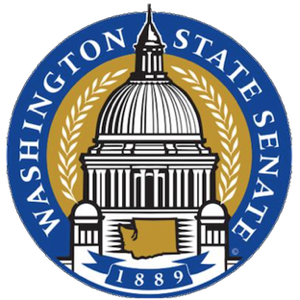The Washington State Senate (WA Senate) convenes sessions to read, debate, amend, and vote on legislation.
Concurrence Vote and Final Passage
- SB 5476 - “Responding to the State v. Blake decision by addressing justice system responses and behavioral health prevention, treatment, and related services.”
